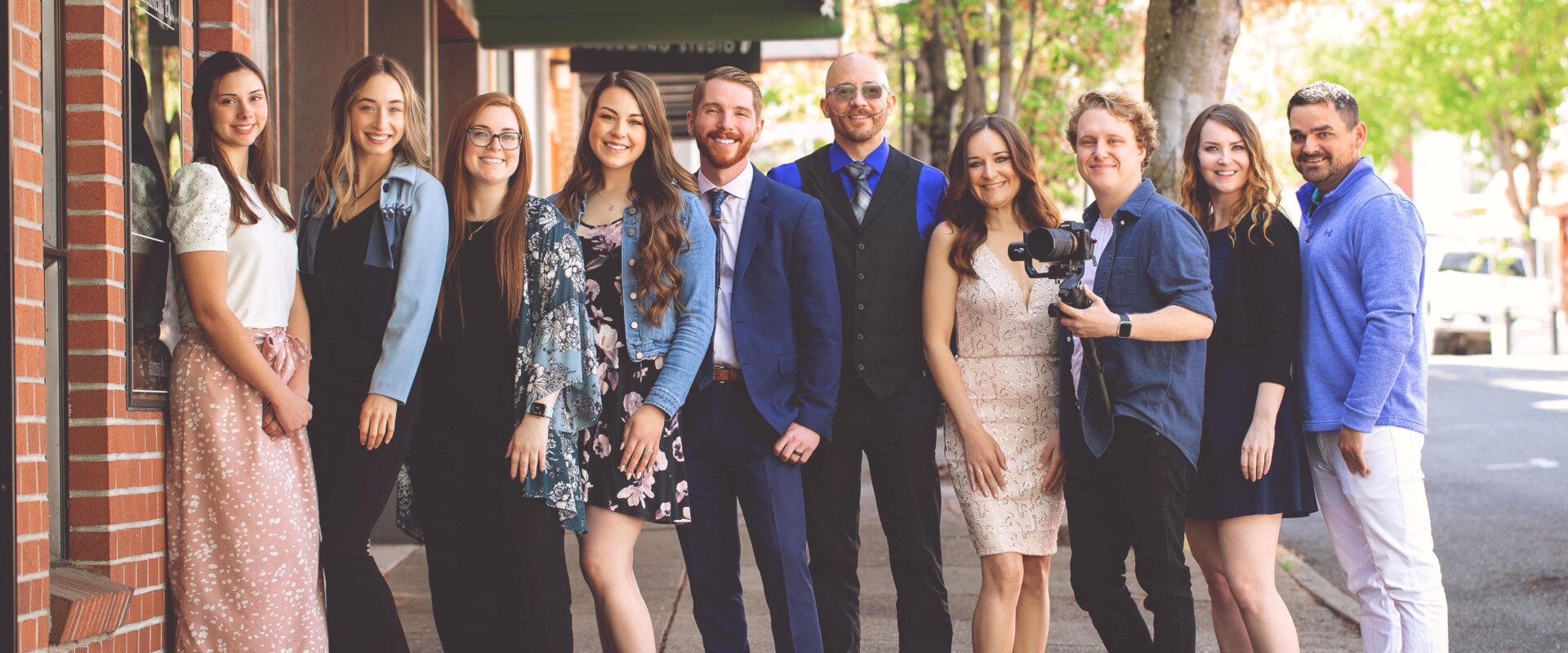
The standard advice for the financial end of buying a new home is usually not to buy more home than you can afford. But that’s pretty vague and general and not really much help for buyers who need to plan and budget. And mortgage pre-approval isn’t all that much help either because what you can borrow isn’t always what you should borrow. To help you out, then, here are some important tips on how to create a realistic budget when buying a new home in Roseburg.
Start with the 28% Rule and Debt-to-Income Ratio
A good starting point in creating a budget for buying a new home in Roseburg is the 28% rule. This rule says that your mortgage payment should not be more than 28% of your monthly gross income (although FHA loans will allow 31%).
Lenders use a similar rule and factor in your other debt – your debt-to-income ratio – to protect themselves, so it makes sense that you do too. Here’s how lenders typically proceed in determining what they’ll lend you for buying a new home in Roseburg . . .
“Mortgage lenders look at a prospective borrower’s debt-to-income ratio when determining if they will lend money. Let’s say your monthly mortgage payment is $1,000 a month and your other expenses are $1,000, so overall, your monthly financial obligations come to $2,000. Now let’s say you have a gross monthly income of$6,000. That puts your debt-to-income ratio at 33%.”
Understand All the Costs
Another important consideration for creating a realistic budget when buying a new home in Roseburg is all the other costs involved in buying and owning a home. The expenses here go far beyond your monthly mortgage payment, and you’ll have to budget for these as well.
First, you need to be aware that, when it comes to your mortgage payment, you’ll likely be paying on more than the mortgage loan principal and interest each month. “In addition to the principal and interest on your home loan, your mortgage payment may also include escrow for your annual property taxes, homeowner’s insurance and homeowner’s association dues (if you live in a condominium or neighborhood with an HOA). If not, you’ll need to separately include these hidden costs of owning a home in your budget.”
And the many additional costs/expenses to budget for include:
- Private mortgage insurance
- Utilities
- Maintenance and repair
- Property taxes (if not included in the mortgage payment)
- Homeowners insurance (if not included in the mortgage payment)
Determine a Comfortable Down Payment
The down payment (with closing costs not far behind) will be your biggest upfront expense to be factored into your budget. Formerly, the standard down payment was 20% of the purchase, but that’s not so much the case now, with the average down payment coming in at about12%.
When budgeting for the down payment for buying a new home in Roseburg, you should keep some considerations in mind, weighing the pros against the cons of a larger down payment. Here’s what real estate pros say about it . . .
“While there are plenty of reasons to want to put the standard 20% down – like lower monthly payments and a cushion in the case of falling home prices – you shouldn’t necessarily clean out your savings to do so . . . You should make sure you have cash reserves on hand in case of an emergency. Financial planners generally recommend an emergency fund sufficient to cover six months of expenses.” On the other hand, putting down less than 20% will allow you to keep more cash in reserve for emergencies, but you will have to pay for private mortgage insurance.
It’s a trade-off, so you’ll have to look carefully at your situation and needs and budget accordingly. Your local agent can help you with some guidance here. To discover more, call (541) 236-2662.
Be Able to Have Separate Savings
Another thing to allow for in your budget is separate savings account for an emergency fund. Buying a new home in Roseburg almost inevitably means unexpected expenses, and you’ll need a dedicated account to ensure the ability to cover them.
Financial experts advise saving at least 1% to 4% of the home’s purchase price to cover annual maintenance and repair costs. If the home is newer, you can get by with something closer to 1%, but if it is 20 years old or older, you’ll be much safer with the 4%.
Also, when determining what to budget for in buying a new home in Roseburg, “remember that repair costs may increase over time as the property ages, and you’ll need to adjust your budget accordingly. . . . [K]eeping up with regular maintenance can help preserve your home’s equipment and structural elements, potentially allowing you to delay spending on major repairs.”
Work with a Good Agent
If you use what we’ve set out here, you’ll be well on your way to creating a realistic budget when buying a new home]. There remains, though, more to be taken into account, especially when you factor in the exigencies of the local market and local lending requirements. Your local real estate agent can help you navigate this tricky terrain. Start the journey toward buying a new home in Roseburg on the right foot: contact us today at (541) 236-2662.






